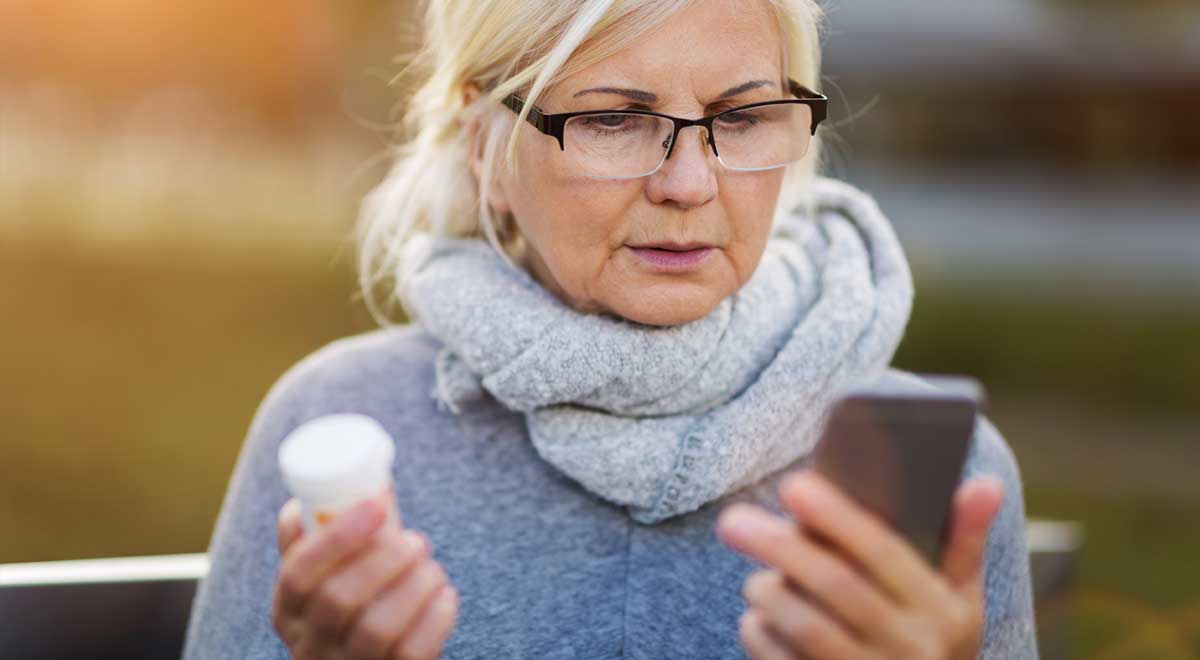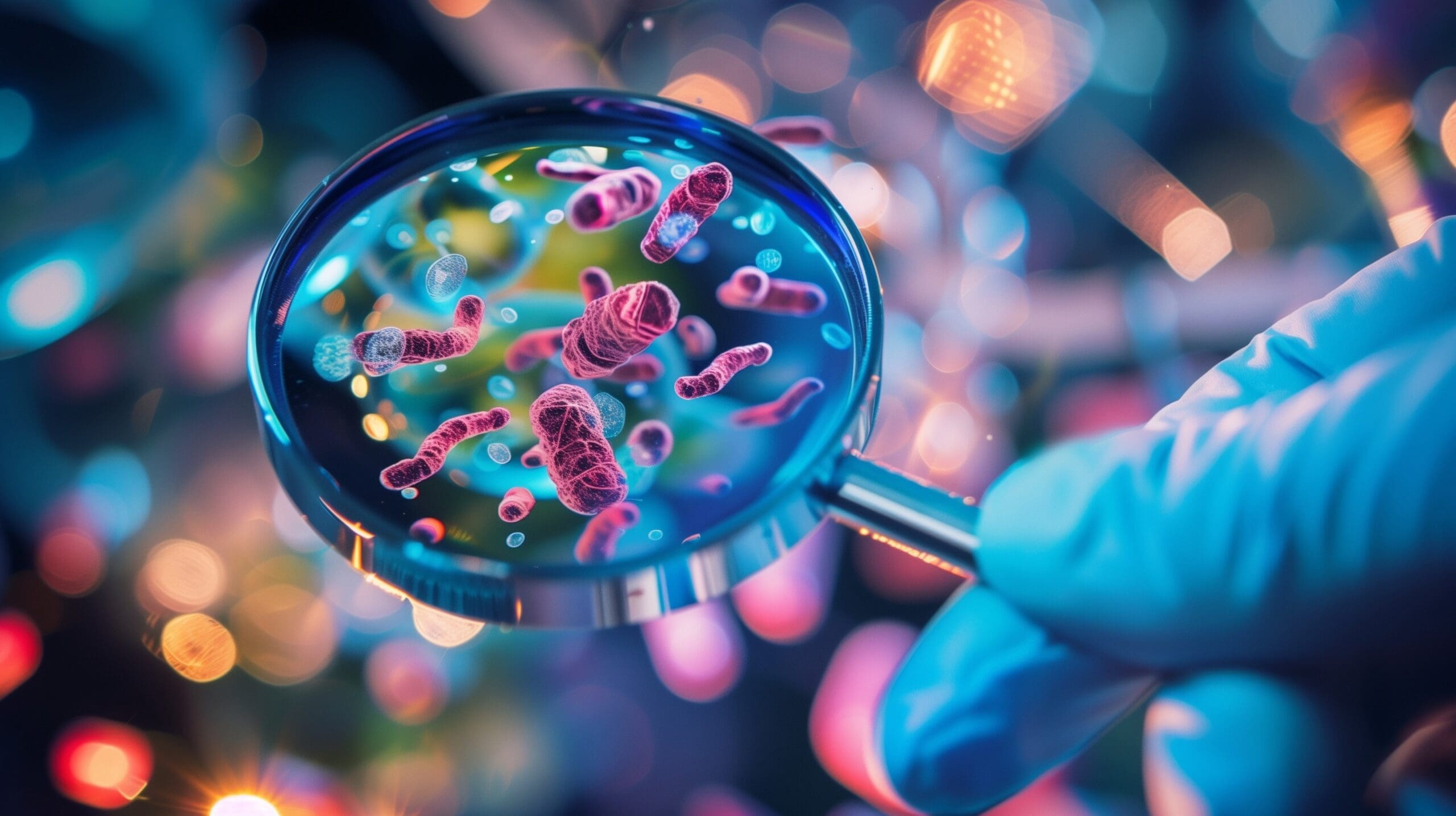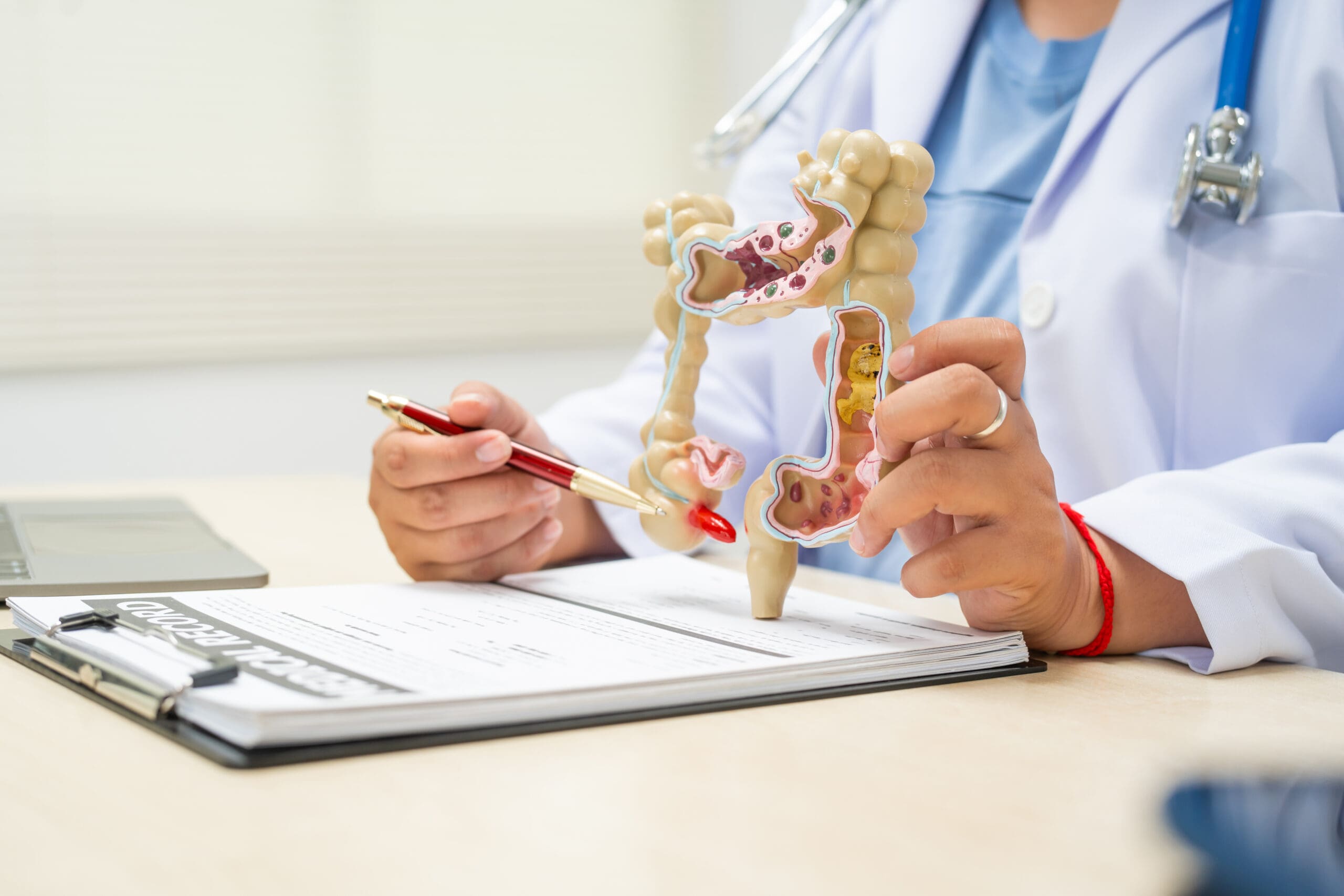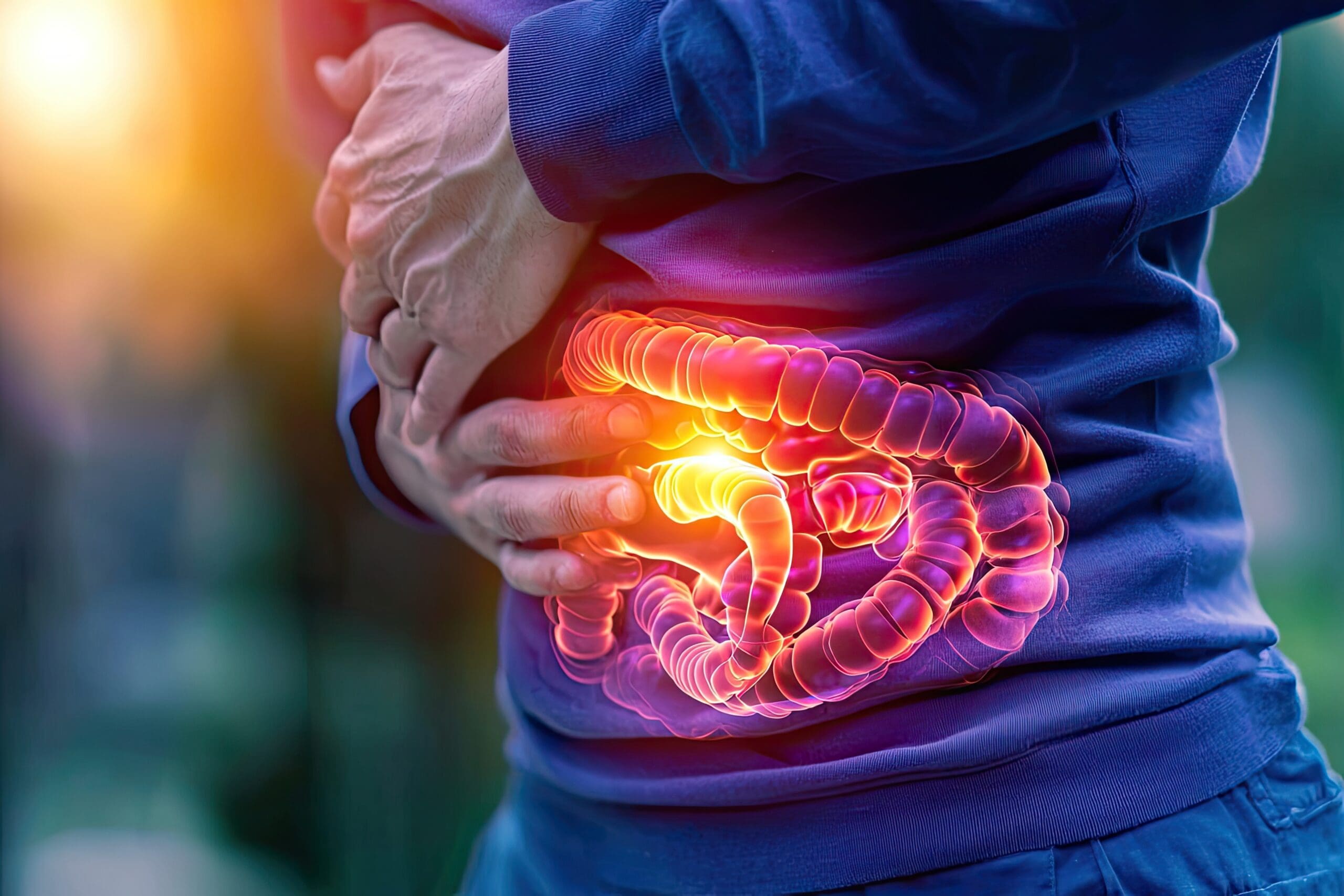These 2 drugs raise the risk of gastrointestinal bleeding
By naturopath Margaret Jasinska
A recent study has shown that combining some antidepressants with some pain relievers can raise the risk of upper gastrointestinal bleeding (UGIB) by up to 600 percent! This research was published in the journal Gastroenterology.
These are commonly used drugs. Selective Serotonin Reuptake Inhibitors (SSRIs) such as Aropax and Prozac are some of the most commonly prescribed medications, while aspirin, Advil and Aleve are regularly used by most people to relieve pain or fever. Most people don’t realise that combining these drugs can have seriously harmful consequences.
Upper gastrointestinal bleeding is twice as common in men as women. Severe cases can produce symptoms like stomach pain, nausea, black stools or vomiting blood. If you suffer with any of these symptoms, please see your doctor. Mild cases may produce no symptoms at all. If prolonged, iron deficiency may develop.
Of all the non-steroidal anti-inflammatory medication, ibuprofen raises the risk of UGIB the most. Therefore, if you are taking a prescription antidepressant and you regularly need to use pain killers, you may be better off using paracetamol. This depends on the health of your liver though, because paracetamol can have harmful effects on this organ. If in doubt, please discuss this with your doctor.
Natural remedies that may help relieve pain
- Avoid foods that may cause inflammation
If you are in pain, it usually means there is a great deal of inflammation in your body. Don’t make the inflammation even worse by consuming foods that raise it further. Sugar, gluten and dairy products are the biggest culprits, along with any food you are allergic to. Unfortunately just about any food that comes in a packet is bound to contain one of those foods. Eating less sugar, or avoiding it altogether should help reduce pain. Avoiding dairy products means not consuming cow’s milk and any food that contains it. The protein in cow’s milk (casein) can cause a great deal of inflammation as well as fluid retention. Gluten is found in wheat, rye, oats, barley, spelt and several other foods. Look out for these foods on labels because gluten regularly turns up in unexpected places. - Eat more vegetables
Most vegetables help to reduce inflammation and the nutrients found in them help your immune system and liver function. Try to eat one or two salads each day made of raw vegetables. It is also good to eat some cooked vegetables, whether they are steamed or in soups, stews or casseroles. Celery is particularly good for people with joint pain because it helps to make your kidneys more efficient at excreting uric acid. Making your own raw vegetable juices is an excellent way to up your vegetable intake. Juicing makes the nutrients easier to digest and provides them in a delicious, concentrated form. See my book Raw Juices Can Save Your Life for ideas. - Nightshade vegetables increase pain in some people
There is an alkaloid called solanine in these foods, which can increase pain and inflammation in some people. A trial elimination for one month may help determine if you are one of them. Nightshade vegetables include chilli, paprika, tomato, capsicum, potatoes and eggplant. - Try to get sufficient sleep
Not sleeping enough, or having poor quality sleep worsens pain, inflammation and low mood. Unfortunately stress, pain and many different health conditions can interfere with sleep quality and quantity. I recommend trying magnesium, which can help relieve the symptoms of stress and decrease disturbed sleep.
- Eat healthy fats and avoid industrial seed oil
Eating more of the right fats can bring enormous pain relief. Good fats are strongly anti-inflammatory and eating more of them is like throwing a wet blanket over a fire. Fats to eat more of include extra virgin olive oil, avocados, macadamia nuts, coconut oil, oily fish and the fat on grass fed red meat. The best fats to cook with are coconut oil, olive oil, ghee and animal fat because they do not get damaged by heat. Seed oils are typically described as “vegetable oil” on food labels, although they don’t actually come from vegetables. Seed oils are high in omega 6 fats, which worsen inflammation and pain in the body. The oils to avoid include canola, cottonseed, sunflower, safflower, rice bran, corn and soy oil. - Make sure you’re not vitamin D deficient
Ask your doctor for a blood test to check your vitamin D level. Deficiency is extremely common and that worsens inflammation, pain and autoimmunity We make vitamin D in our skin from sunshine. Most people are not outdoors often enough to produce sufficient quantities. - Include more spices in your cooking
Spices are not only delicious, they actually have quite significant therapeutic benefits. Ginger has similar benefits to anti-inflammatory drugs like Advil and Nurofen. It helps with joint pain and menstrual pain. It is great for people who experience increased pain during cold weather. Turmeric is the bright yellow spice that is commonly found in Indian cuisine. The active ingredient in turmeric is called curcumin and it helps to reduce inflammation by inhibiting the production of some inflammatory chemicals called eicosanoids. Turmeric is very good for reducing pain in arthritis and fibromyalgia. It is found in Natural Pain Manager capsules.









are blood tests enough to diagnose NAFLD ??
Hi Julie,
Blood tests indicate liver damage / inflammation. A Liver ultrasound is needed to confirm fat infiltration in the liver.
Kind regards,
Louise
you mean a standard u/s or a fibro scan ??
A standard liver ultrasound is effective at diagnosing Fatty Liver